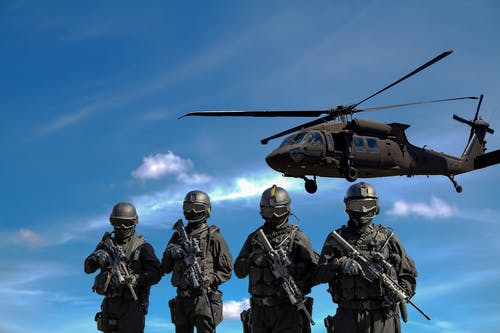Addiction signs in military operatives may be quite different from that of civilians. This is due to their difference in lifestyle, needs, and mental health. The nature of the work of the military exposes them to traumatizing experiences which place them at a higher risk of substance abuse.
An addictive drug common among military personnel is opioids. As effective pain killers, opioids are essential substances the military cannot but have. When members sustain injuries that cause them chronic pain, they’re prescribed doses of the drug.
However, when taken for a long time, the body can get addicted to it. Then it becomes tolerant, needing more of the substance to make the pain go away. Also, when they try to stop taking the drug, they experience withdrawal symptoms and go back to it.

How do you know a military operative is addicted to opioids? Watch out for the following signs:
- First, they begin to abuse it. Once you notice an operative taking more than was prescribed, it’s a sign of addiction.
- Next, they experience violent withdrawal symptoms. Many take the drug to deal with PTSD and anxiety. When they don’t take it or don’t have access to it, their PTSD becomes more vivid and violent.
- Addicted operatives are also obsessed with the drug. They spend all their time thinking about it and how they can get more of it. Even when the doctor stops prescribing it, they go elsewhere to look for it.
Another substance military operatives get addicted to is alcohol. It serves as a means to drown away their trauma, so they just keep drinking.
Their addiction to alcohol strains their relationship with family and friends. It also causes them problems at work as they find it hard to focus or be stable. These are common signs that show that a military operative is addicted.
